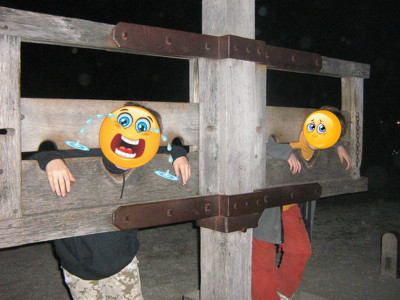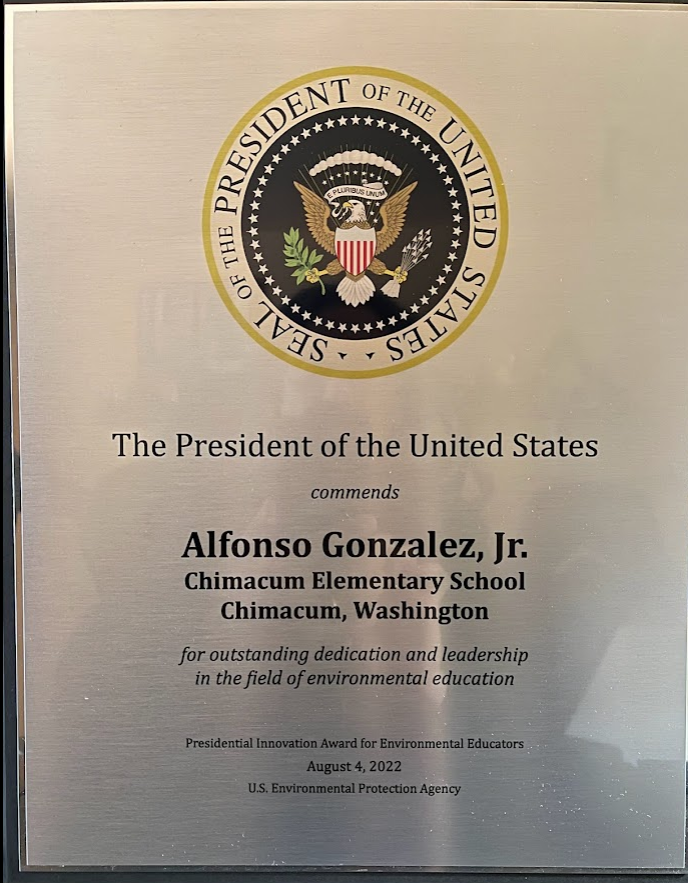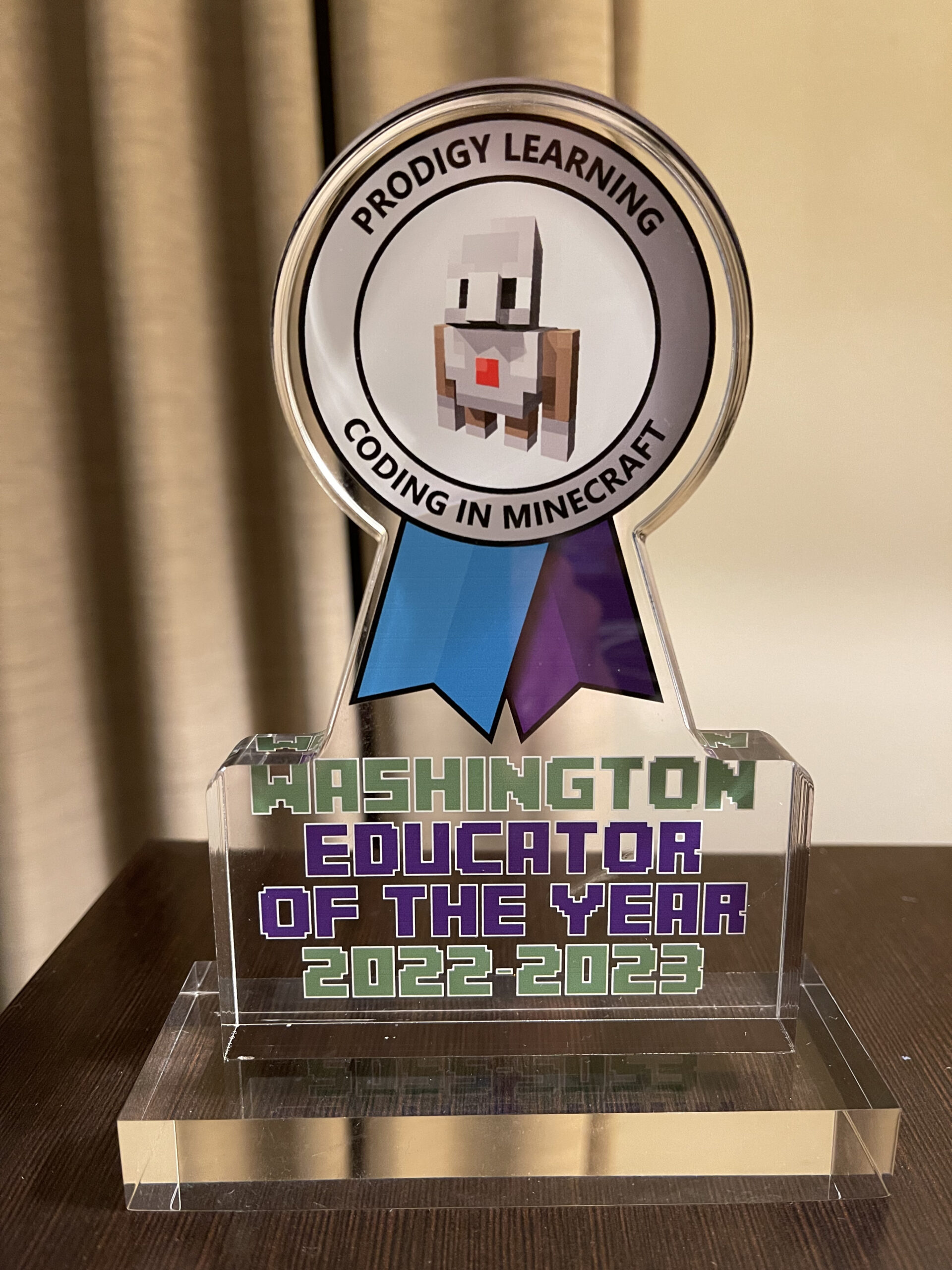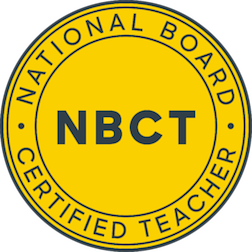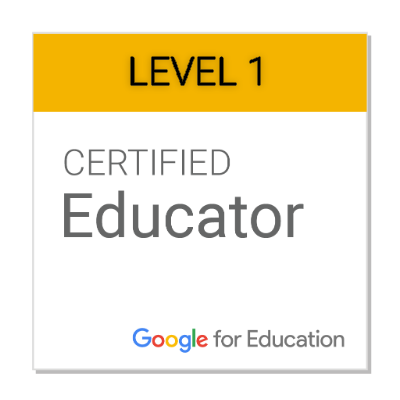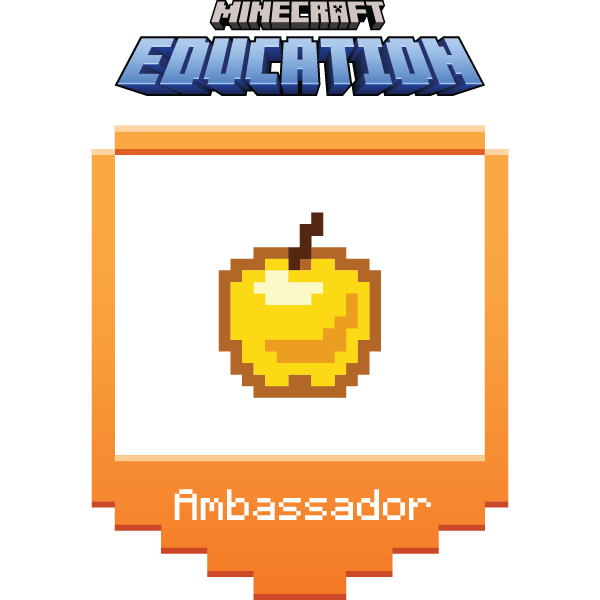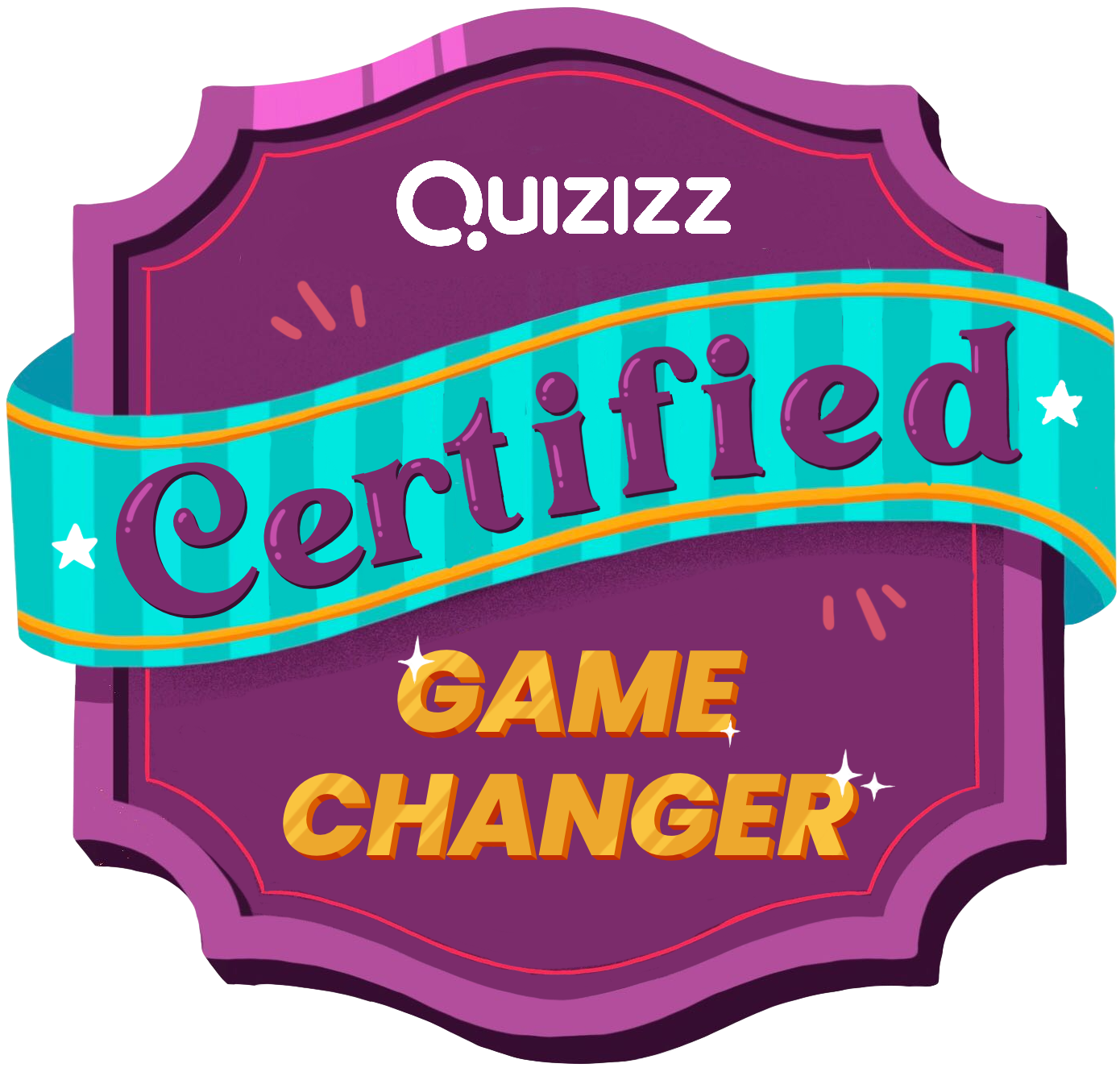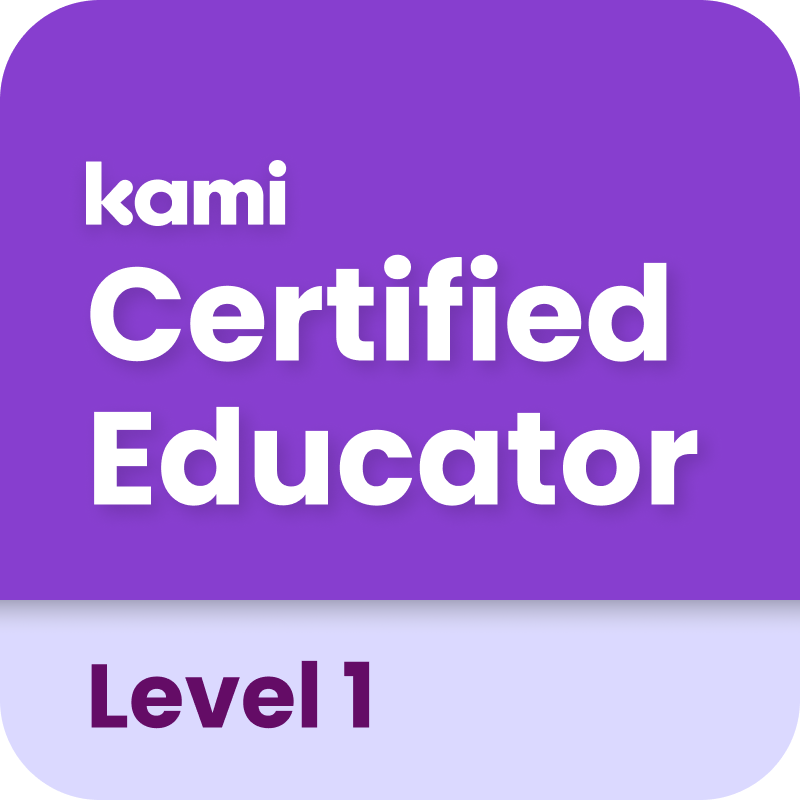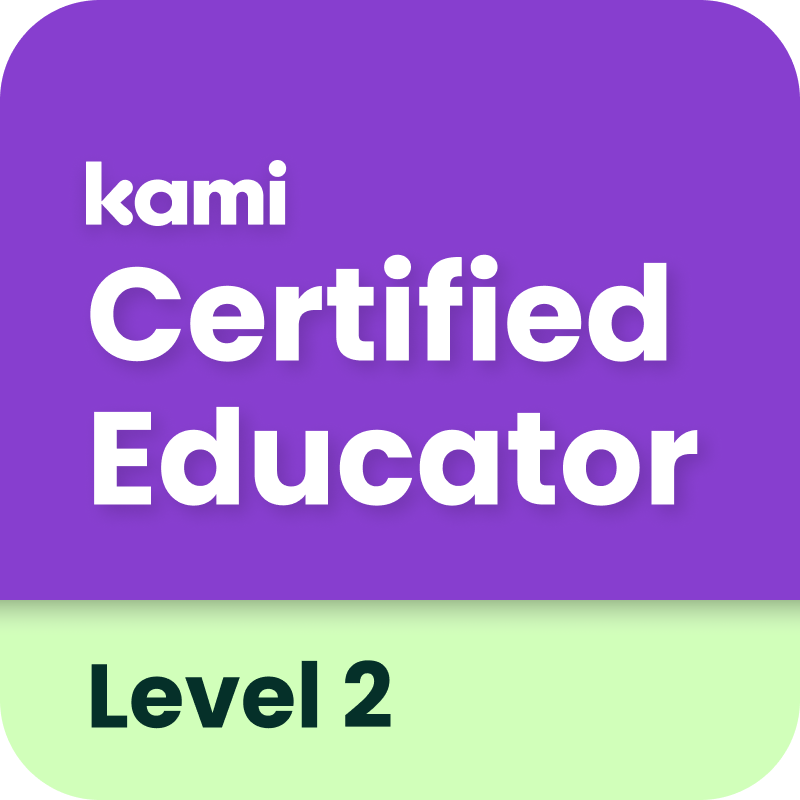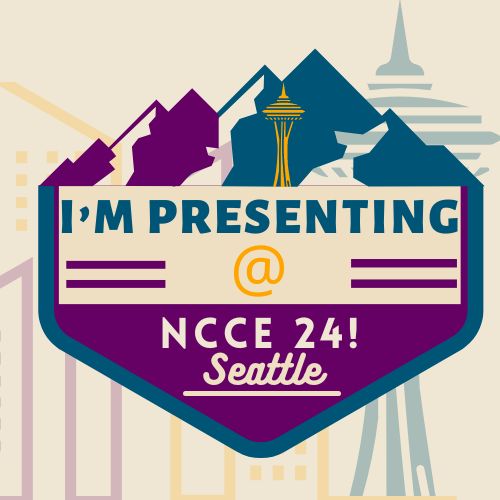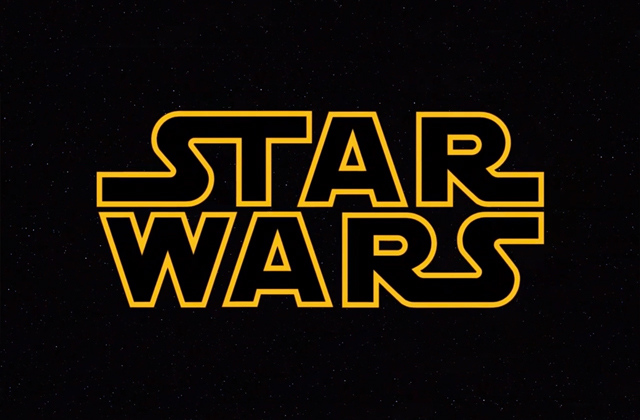As if in response to my Relationships or Taskmaster post, the Smart Classroom Management blog published the following post called Are You Afraid to Hold Students Accountable? It’s definitely worth a read as they make a valid point. According to Smart Classroom Management following your classroom management plan is the best way to hold students accountable and that by following your plan can you effectively build rapport with your students.
My thoughts on this are rambled so I don’t know if any of this will make sense but here it goes. Personally, I don’t make a big deal about my classroom management plan so at first glance it looks as if I don’t even have one. That is a clear no, no according to Smart Classroom Management. Our school has systems in place to give kids options when they are making it difficult for the other students in class to learn. We have what we call a solutions room where kids can reflect on their behavior or even work where there are fewer distractions. I try to use that room sparingly and only send kids there when they ask or when they do not stop bothering others. Sometimes I send kids there to work when they aren’t working in class. It can be difficult to work in class when there are so many people around to socialize with or goof around with. Kids who end up needing to use the solutions room for behaviors that impact other students then get assigned lunch detention. We communicate with parents when that happens so they can help their children make better choices in school. I also use Classdojo to communicate student behavior with parents weekly. That’s the closest thing I have to a classroom management plan.
So the way I see it is that there are two different ways of dealing with student behavior in a classroom (well, at least two that deal with the topic of this post, my earlier post, and the Smart Classroom Management post). Either you follow a management plan regardless of the circumstances or you deal with student behaviors as they come up. After reading Lost at School by Dr. Ross Greene I see the value of having conversations with students and trying to deal with the issue that has led to the behavior. (Read more by Joe Bower about using Dr. Greene’s method of Collaborative Problem Solving). It should matter whether a student is misbehaving because they struggle with school work, they are having problems at home, they got into a fight with a friend, they are really excited about something, they ate too much sugar or drank coffee, or they are bored with the work they have to do. I think each situation can warrant a different response from me.
I am not the type of teacher who will follow a management plan to the letter. Never have been. My first few years of teaching I was shown Lee Canter’s Assertive Discipline and used that method to craft my management plan. What I found is that I didn’t always stick to the plan because some situations warranted different responses. I think I’ve done a pretty decent job of building rapport with my students over the past 23 years even though I don’t follow a clearly set classroom management plan. Times when my system has failed can be attributed to students who probably would’ve responded better had I stuck to clearly defined management plan, but I can’t be sure.
So even though I got an answer to my original question I’m still not satisfied. I’m not satisfied because it wasn’t the answer I wanted. Clearly I wanted to hear that building relationships is more important than holding students accountable and that dealing with behavior problems on an individual basis will work just fine. I wanted to hear that I shouldn’t sweat whether or not kids are on task or working all the time but whether they are enjoying their time in school, enjoying their peers, and enjoying their teachers. The answer I got was that by having fixed, clear boundaries, which I can have by having and faithfully following a classroom management plan, I can hold students accountable all the time and therefore be able to build relationships even better. I still say that my way will work. And, for better or for worse, it’s the way that I naturally flow. In order for me to change and become a classroom-management-plan-following-teacher I would need to work at it and consciously change my habits over and over again until it stuck. It can be done but I don’t really want to do that.
So even though I will hold kids accountable. Even though I will try different methods to help them work and learn. Even though I will send them to the solutions room or give some feedback home via Classdojo. Even though I do talk and try to make a case for getting work done class or for not goofing around to get students to reconsider their actions. Even though I stress safety as the reason for our classroom routines and procedures, especially during labs. There’s a part of me that values relationships over sticking to a plan because when I think back to the teachers I had in school the ones I remember aren’t the ones who stuck to a classroom management plan and held me accountable, they are the ones who took the time to get to me know me in some way.

